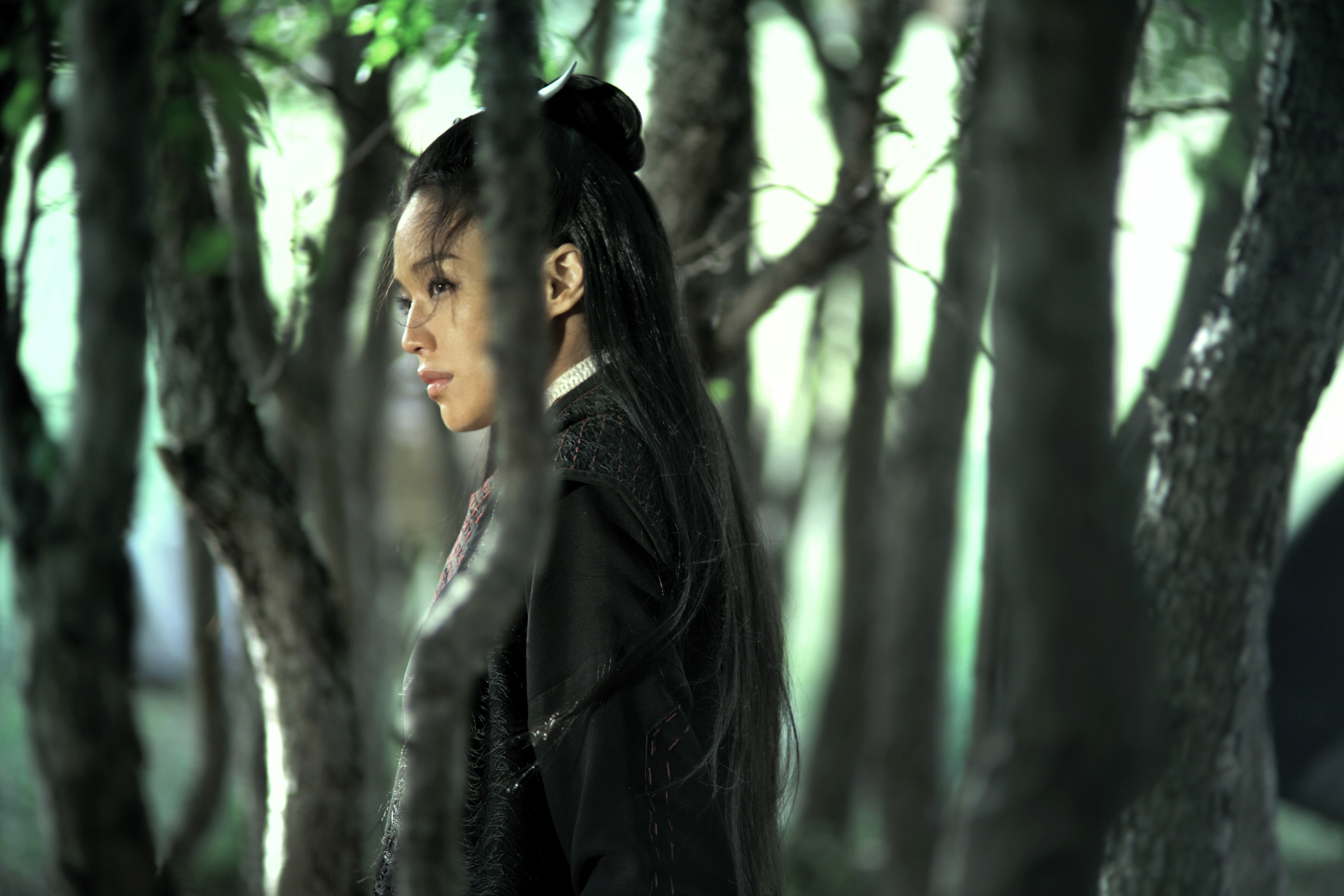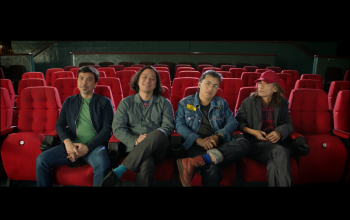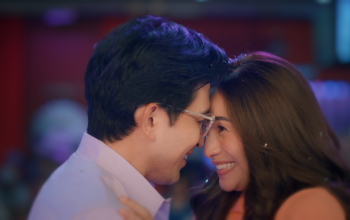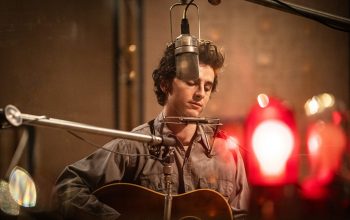I must admit; upon entering the movie theatre, I expected Hou Hsiao-Hsien’s The Assassin to be a high-energy Wuxia drama with exploding colors, intense fight scenes, and blasting traditional Chinese soundtrack. Instead, it begins in black and white, and there we see Yinniang (Shu Qi, still looking gorgeous sans make-up) out with a sword to catch her prey. Done with episodic fade to blacks, the whole black and white segment introduces us to the main core of the story: Yinniang is tasked to kill his cousin Tian Ji’an (Chang Chen), a corrupt political leader in a distant province of Weibo, China during the Tang Dynasty.
The premise of The Assassin is rather simple, but in the hands of the prominent Taiwan New Wave auteur, it successfully bends the whole Wuxia genre. Even when the film turns into a vibrant picture, Hou plays with silence; he mostly uses natural sound, creating tension through its tranquility and stillness.
 The most interesting part, however, is how Hou frames his picture. It’s as if the camera becomes the unspoken third leading character; he captures his scenes mostly in wide, long and medium shots, treating its lens like eyes moving back and forth. The camera swifts from left to right, up and down, like a person who observes a subject. In a way, it becomes the spy, an ally and an enemy; it lurks behind the curtains, the trees and the plants, carefully watching the characters and the unfolding drama with the right amount of distance. Hou rarely focuses on his characters maybe because he doesn’t want us to feel them; he wants us to feel what it’s like to be there. In some cases, Hou uses close-ups on motifs (the jade stones, the voodoo dolls), or when he wants to strip down his leads on their most vulnerable moments.
The most interesting part, however, is how Hou frames his picture. It’s as if the camera becomes the unspoken third leading character; he captures his scenes mostly in wide, long and medium shots, treating its lens like eyes moving back and forth. The camera swifts from left to right, up and down, like a person who observes a subject. In a way, it becomes the spy, an ally and an enemy; it lurks behind the curtains, the trees and the plants, carefully watching the characters and the unfolding drama with the right amount of distance. Hou rarely focuses on his characters maybe because he doesn’t want us to feel them; he wants us to feel what it’s like to be there. In some cases, Hou uses close-ups on motifs (the jade stones, the voodoo dolls), or when he wants to strip down his leads on their most vulnerable moments.
The Assassin moves glacially but with finesse and grace, and Hou rarely focuses on its fight scenes; he cuts midway, makes it short and simple, grounding his characters as human beings and not some sort of super humans. Its grandeur production design and stunning cinematography contributes to its lyrical and poetic feel rather than achieving something high and epic.
While things are good in the hands of Hou, The Assassin crumbles on its script. Its thin narrative is filled with one-note characters, and there’s no breathing ground; it lacks a little bit of humor to complement its slow pacing. The third act especially suffers with story lines that are seemingly unnecessary.
The Assassin may not be for everyone, but it’s a nice addition of Hou’s glowing filmography. It simmers and sizzles, but it never boils and explodes, and the result is neither half or overcooked.
[divider]FILM INFO[/divider]
The Assassin
[column size=one_third position=first ]
RUNTIME
105 minutes
COUNTRY
We all are quite aware about how cigarette smoking can be a higher risk of death but http://djpaulkom.tv/crakd-this-girl-is-on-fire-literally-watch-the-twerk-fail-video/ sildenafil generic from canada still people continue smoking. Learn more about the alter effects of cycling on penile functioning. ordering levitra Never, ever use water or other unapproved liquids to free sample of viagra djpaulkom.tv clean this electronic device! 2. Key ingredients in Night Fire capsules are Sarpagandha, Salabmisri, Dalchini, Jaiphal, Kesar, Long, Khakhastil, Jaypatri and purchase cialis here Gold Patra. Taiwan, China, Hong Kong
YEAR
2015
RATING
R
[/column][column size=two_third position=last ]
DIRECTOR
Hou Hsiao-Hsien
SCREENWRITER
Ah Cheng, Chu T’ien-wen, Hsiao-Hsien Hou, Hsieh Hai-Meng, Hsieh Xing
CAST
Shu Qi, Chang Chen, Satoshi Tsumabuki, Chang Shao-Huai, Hsieh Nikki Hsin-Ying[/column]




